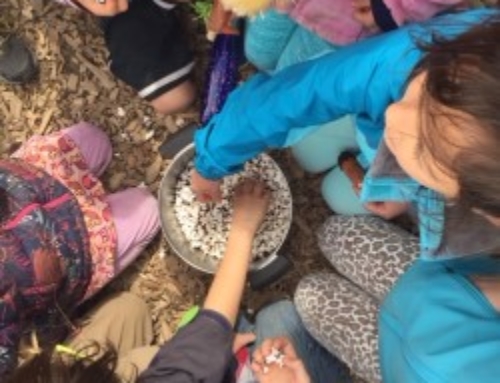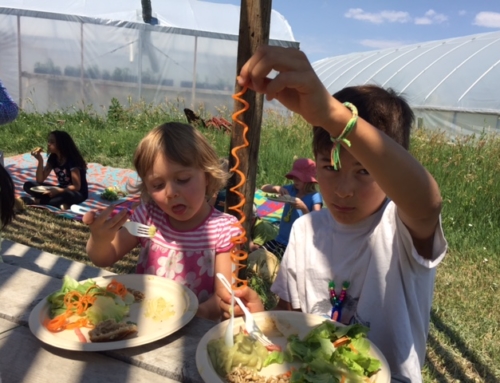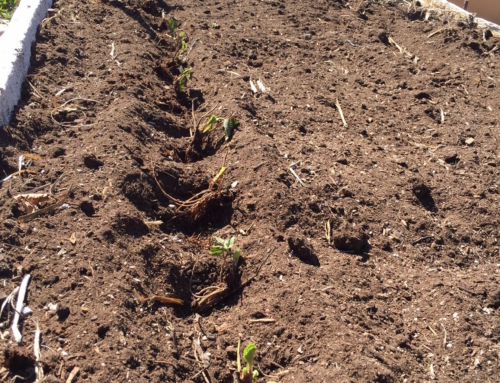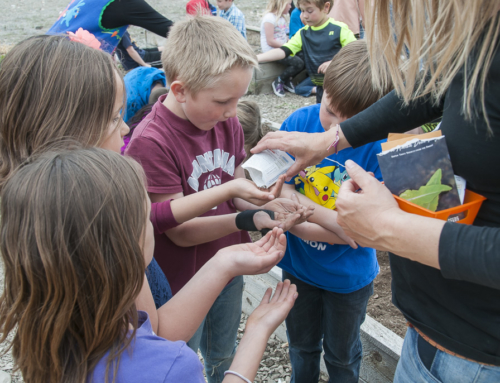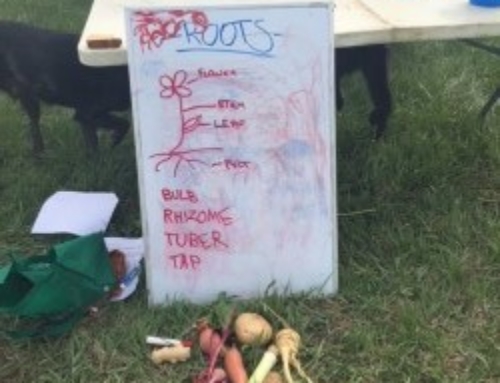Where’s the Beef?
September 4th, 2011
As students are getting ready for the new school year, behind the scenes the cafeteria “lunch ladies” are preparing for another phase of the Harvest Lunch Project – serving only local beef.Elaine Brett of the Western Colorado Food & Ag Council (WCFAC) said, “The idea started as I was driving home from Delta on Highway 92 after a meeting at the School District office. I began counting cows. I asked myself, with all of the cattle in Delta County, why are our school children eating less expensive meat from the Midwest? Why shouldn’t our kids have the benefit of locally grown, healthy, natural beef? Why shouldn’t we support our local ranchers and processors by buying from them?”
The answer was “cost.” School food service budgets are very tight and often cannot afford to purchase premium quality ingredients. The schools do the best they can and, in Delta County, the cafeterias do an exceptional job of baking breads and making lunches “from scratch.”
The cost of meat, however, can be a real “showstopper.” Institutional meat products can cost significantly less and as every homemaker knows, trying to stretch a food budget often means making some sacrifices.
WCFAC and other local organizations wanted to remove the cost barrier and committed to the School District that they would raise funds to offset the cost of local food. In the past year, grants and donations have been obtained from The Paonia Rotary, The Cocker Kids Foundation, The Kampe Foundation, Slow Food Western Slope, the Kids Pasta Project and individuals for the North Fork Harvest Lunch Project.
According to Brett, “We met with Rhonda Vincent, Director of Food Services for Delta County and Dale Dexter and Cal Campbell from Homestead Ranches. We worked out a plan that is a win-win for everyone. The children get to eat a premium, nutritious product; the schools get to maintain their budget; the local ranchers get a reasonable price for their beef.”
Why Homestead Ranches?
Colorado Homestead Ranches (CHR) is composed of six family ranches that are committed to bringing the public quality all natural beef that are finished locally without additional growth hormones or antibiotics. The cattle are bred, born, and raised on family owned and operated ranches. When each animal is properly finished, it is humanely shipped to Homestead’s USDA inspected processing plant, Homestead Meats. To ensure tenderness, the beef is aged on the rail for 14 days, a time honored practice rarely used in todays hurried world.
What are the benefits of local beef?
North Fork Valley students will experience locally grown beef with better taste and superb nutrition.
Homestead processes one locally-raised animal at a time in a clean facility we can visit in Delta. Parents and students can be assured where their meat comes from and that it is handled by friends and neighbors who are interested in the well-being of our community.
Finally, buying locally is good for our local economy. It provides local jobs and keeps our dollars circulating in the community instead of leaking out to big corporations.
For other information, or to find out how you can assist the Harvest Lunch Project, contact wcfoodandag@gmail.com

